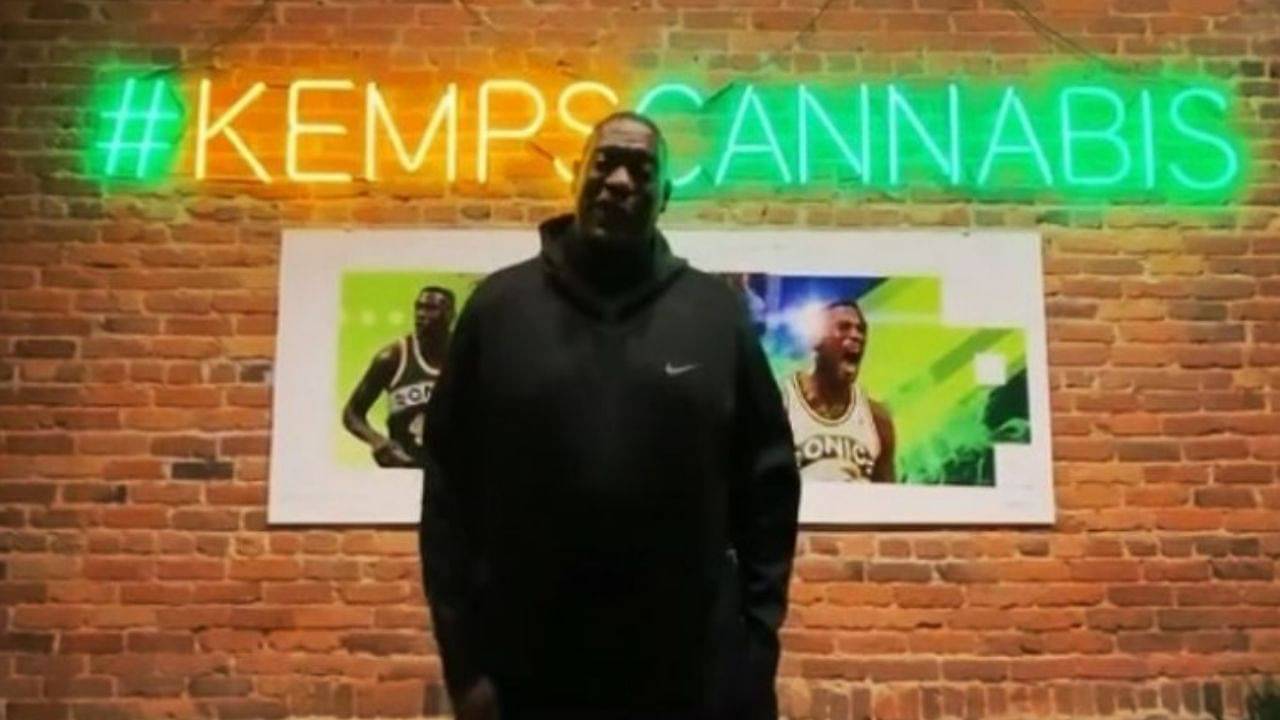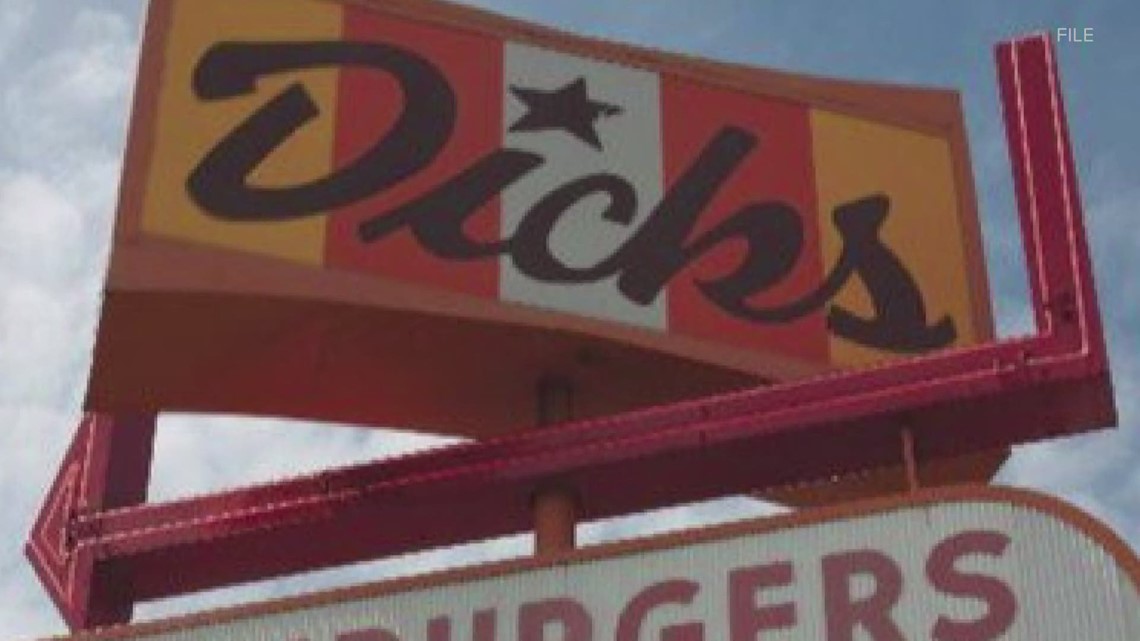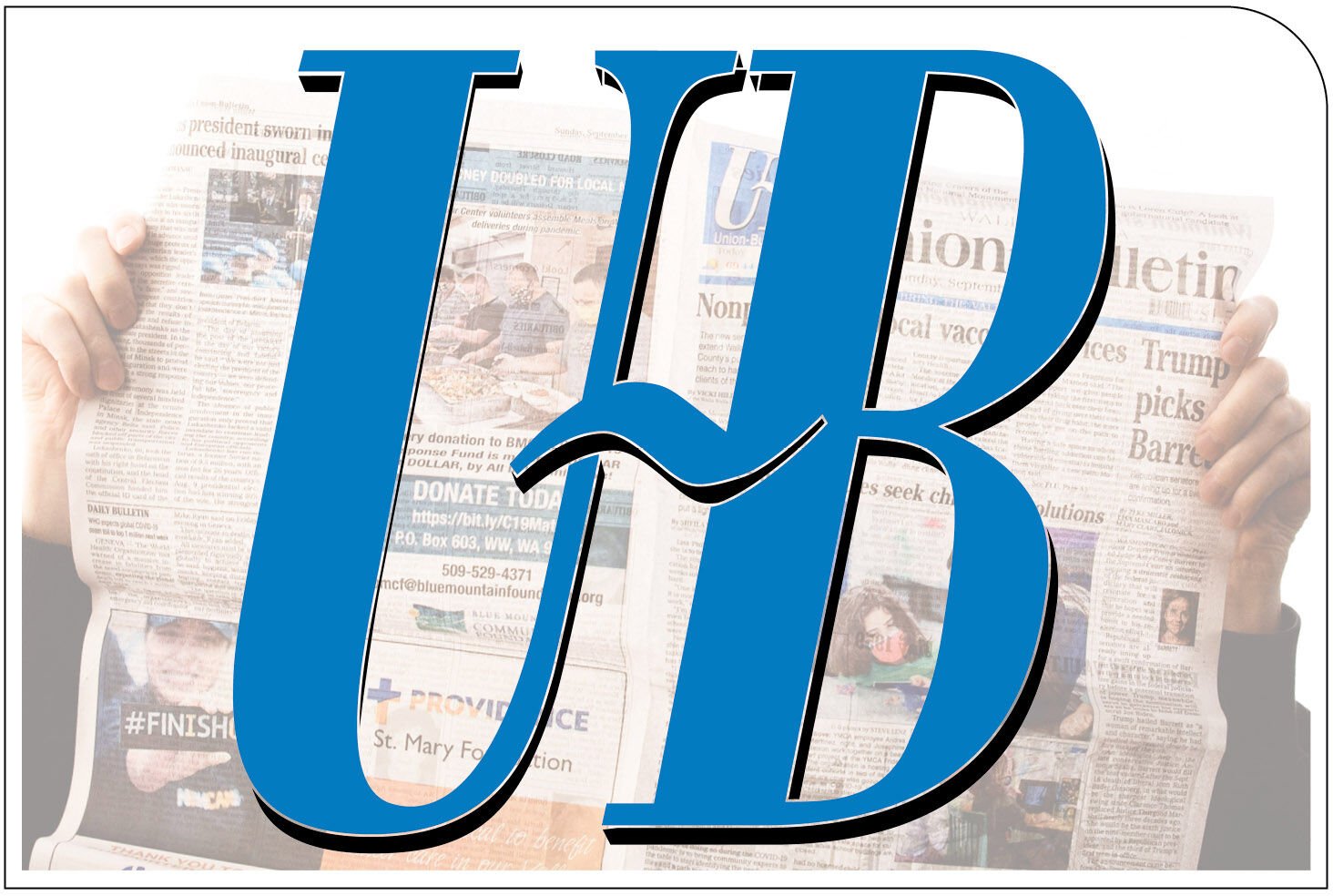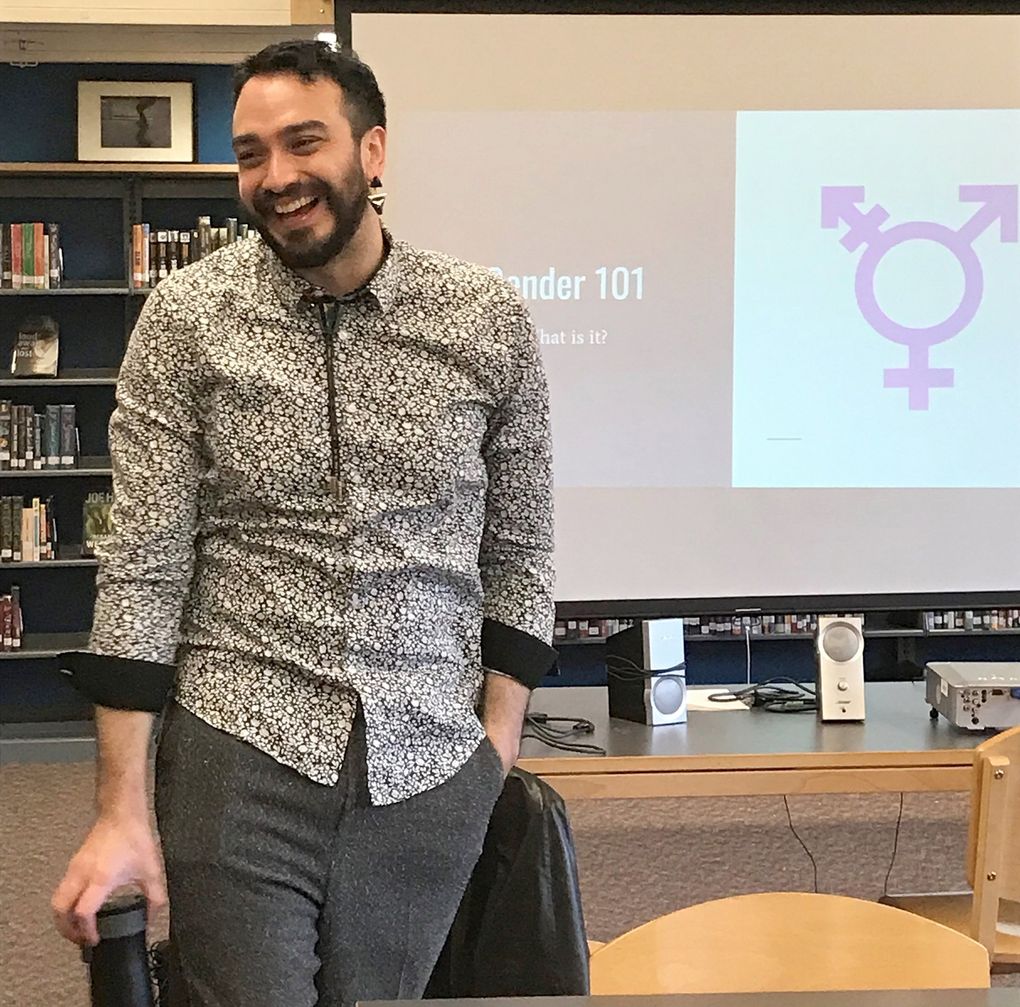The Union Gospel Mission in Seattle petitioned the US Supreme Court on Monday to rule a case in which the Washington Supreme Court ruled in favor of a bisexual lawyer suing the mission over its anti-LGBTQ recruitment policy .
Attorney Matt Woods sued the Union Gospel Mission in Seattle in 2017 when the nonprofit refused to hire him into their free legal counseling clinic after he revealed he was in a same-sex relationship. The Mission, one of the largest nonprofit homeless services in the Seattle area, argued that as a religious employer it was exempt from the state’s anti-discrimination law, and a King County Supreme Court judge agreed and dismissed Woods’ lawsuit.
The city of Seattle does not currently sign a contract with the Seattle Union Gospel Mission for its homeless services.
In March, the Washington Supreme Court overturned King County’s decision, referred Woods’ case back to lower court, questioning whether the state religious employer exemption applied to the position of attorney in a legal counseling clinic within a religious organization. Monday’s petition argues that this ruling represents hostility to the mission’s religious beliefs.
“Churches and religious organizations have the First Amendment right to hire those who share their beliefs without government punishment,” said John Bursch, one of the mission’s attorneys, senior counsel of Alliance Defending Freedom, in a press release. “Courts have consistently recognized that the purpose of a religious organization is undermined if the government forces it to hire those who do not follow the group’s beliefs.”
The petition for the Union Gospel Mission in Seattle argues that their success in providing homeless services is based on their evangelism, “a success that would end quickly if staff were to undermine the organization’s religious beliefs”.
Woods lawyers argued the opposite – that the type of services provided at a legal counseling clinic that helps homeless clients resolve issues like old arrest warrants, immigration issues, and getting their ID card is not covered by the state exemption for religious employers will.
“I’m just as sad today as I was the day the Gospel Mission told me I couldn’t work for them because I’m bisexual after volunteering for so many years,” Woods said in an email. “I believe that everyone should have an equal opportunity to follow their calling and serve their community, regardless of who they love or how they express their gender identity, and that’s what I’ve always been about in this case.”
Denise Diskin, executive director of the QLaw Foundation in Washington and attorney for Woods, said she was not surprised but upset by the mission’s decision to appeal to the Supreme Court. Woods is a Christian too, she said and signed the organization’s creed.
“[This case is] It’s not just about the right of LGBTQ people to fair treatment in the workplace, but also about the right of Washington’s uninhabited people, Washington’s vulnerable populations and poor people to be served by members of their own communities, “Diskin said. “And when we have religious organizations that provide social services and serve a high percentage of that sector, the experiences of poor and unhodged LGBTQ people are effectively wiped out.”
Religious nonprofits make up a significant portion of the service providers in the homeless sector, not just in Seattle but nationwide. An analysis by the National Alliance to End Homelessness estimated that in 2016 religious organizations provided 41% of the country’s emergency shelters for single adults.







:quality(70)/cloudfront-us-east-1.images.arcpublishing.com/cmg/BPEI2QQ76SHPPOW6X6A6WHEGX4.jpg)
















:quality(70)/cloudfront-us-east-1.images.arcpublishing.com/cmg/GLQND2AXQQO2G4O6Q7SICYRJ4A.jpg)




